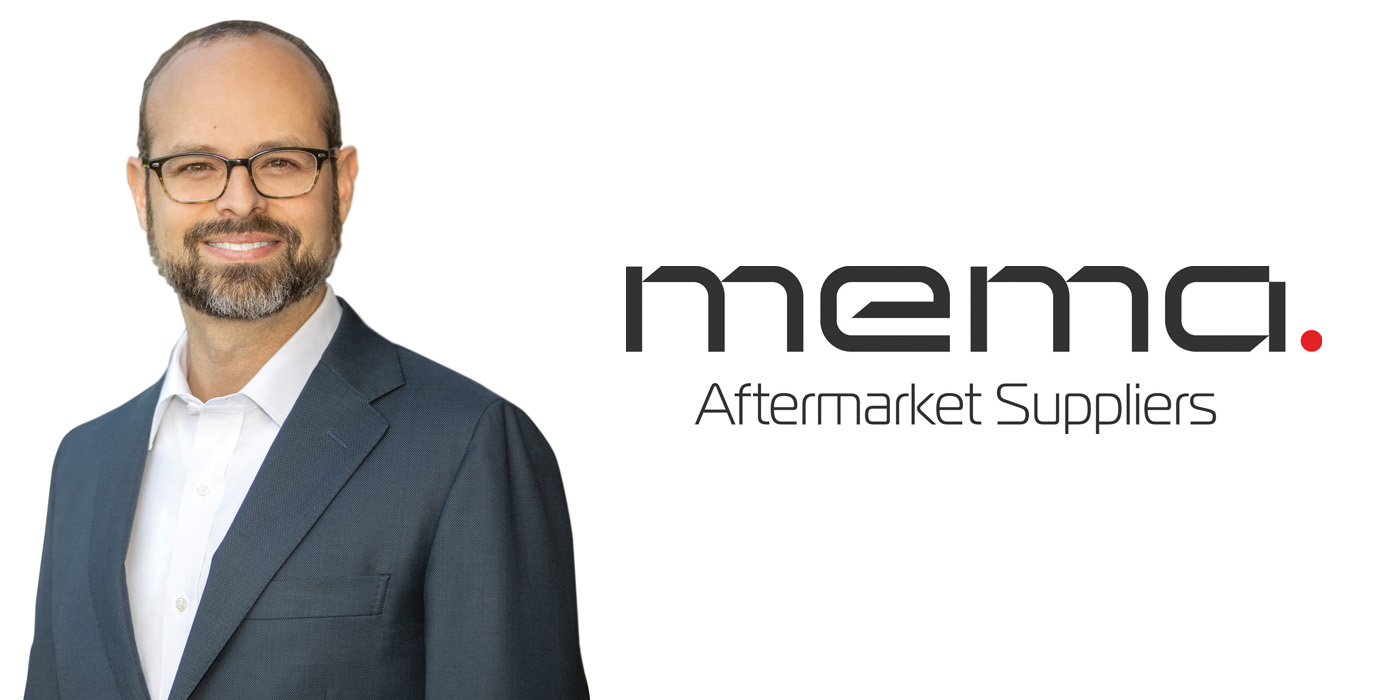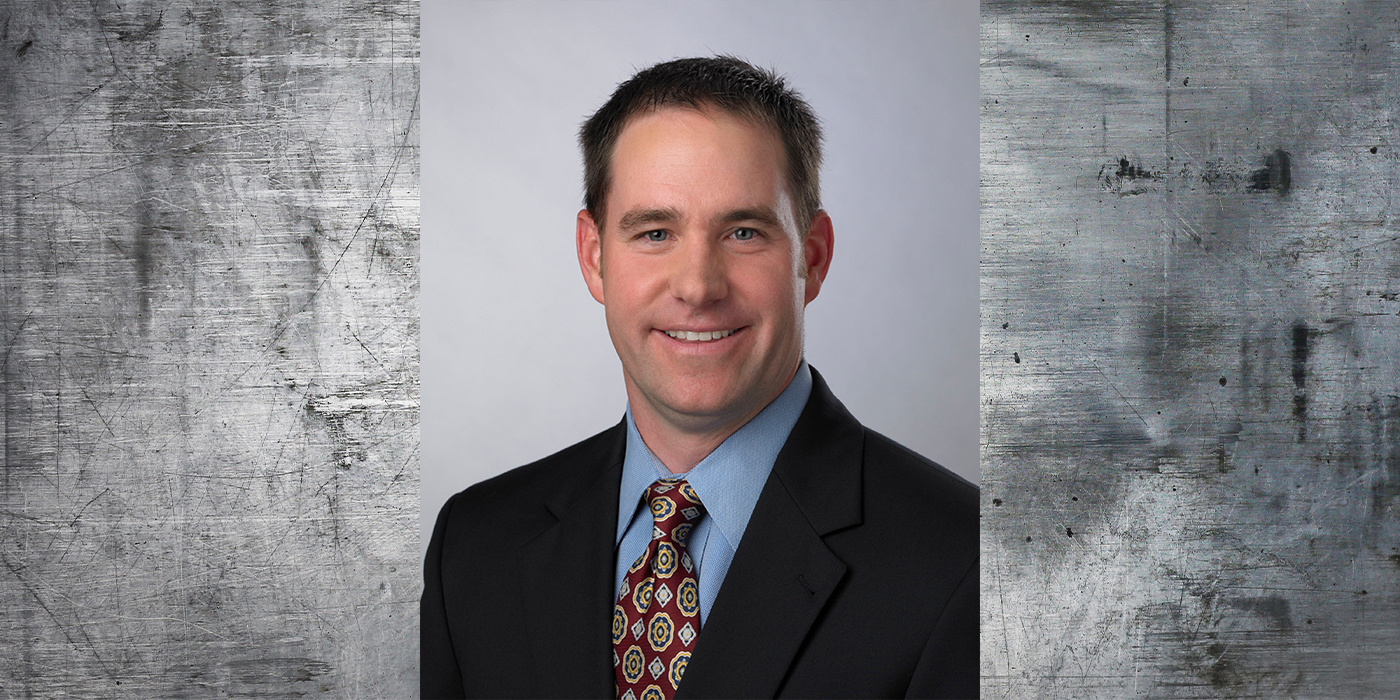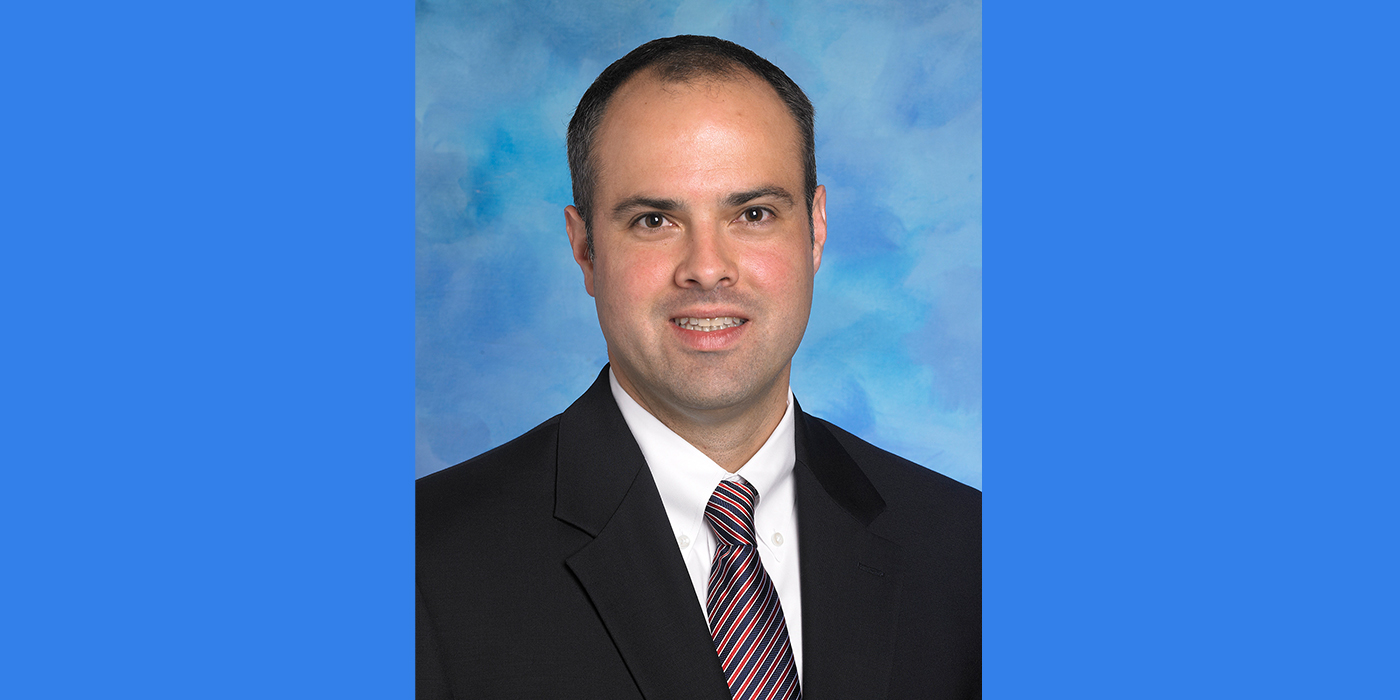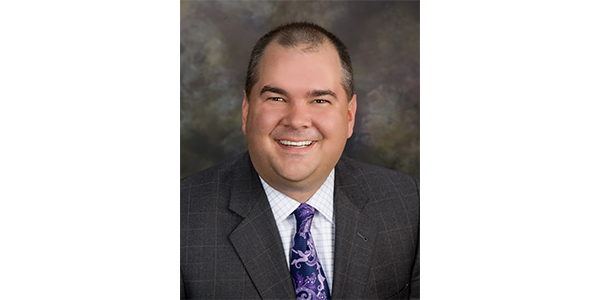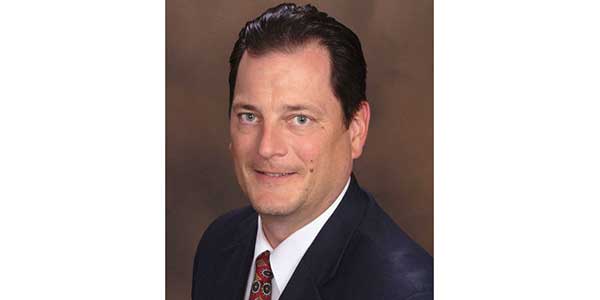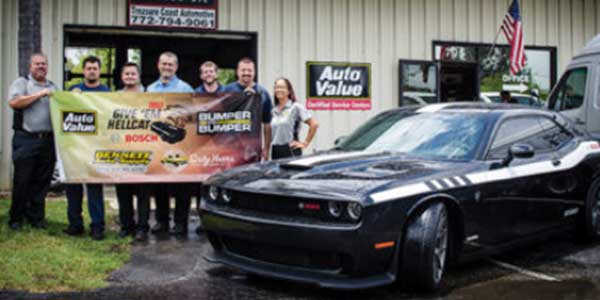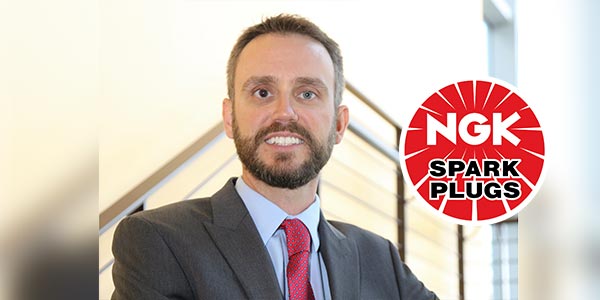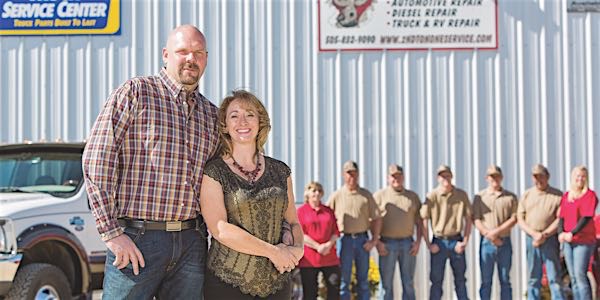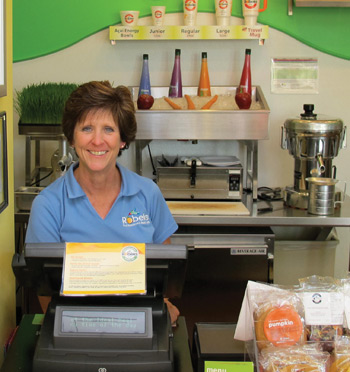 In the automotive service industry, there are more than 100 automotive franchises trying to sign new franchisees. These franchises can range from windshield repair to full-service repair. Whatever the case, turning your location into a franchise, buying an existing franchise or starting a new franchise can be a challenging task.
In the automotive service industry, there are more than 100 automotive franchises trying to sign new franchisees. These franchises can range from windshield repair to full-service repair. Whatever the case, turning your location into a franchise, buying an existing franchise or starting a new franchise can be a challenging task.
For this installment of Outsider Interview, I would like to introduce you to Anne Randles, the owner of a Robeks smoothie franchise in Stow, OH. I worked with Anne at Babcox Media where she was my Ad Services Coordinator. More than three years ago, she put in her two-week notice and said she was opening up a smoothie franchise. Now, she shares her knowledge of buying and owning a franchise.
While you might not think there is much in common between spark plugs and smoothies, the rules of business don’t know the difference when it comes to franchises. The U.S. smoothie market earned more than $2 billion in 2009, up more than 80% in the last five years. Many believe the smoothie business now is where the specialty coffee business was 20 years ago. Wouldn’t you have liked to bought into Starbucks in 1990?
How is business?
We opened in August 2007, and two months later the economy went into the dumper. Business is improving as we are building up our regular customers base. We see some customers seven days a week and some even twice a day. Last summer, the weather was bad and it was reflected in our sales, but this summer’s heat wave was good for us.
I have learned that it takes time to build up the same business levels as established franchises in your area. This is a critical lesson to learn for most people buying into a franchise and setting their initial expectations.
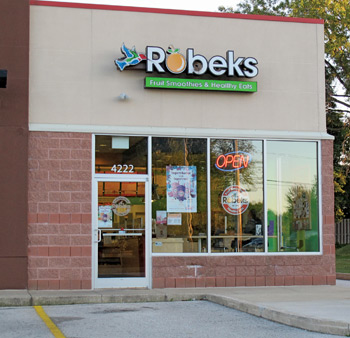
What does owning a franchise really require?
Lots of money and lots of time. Even after three years, I am here six days a week.
How did you decide on opening Robeks?
We looked at several opportunities and what was appealing about the Robeks’ concept was that it was healthy, bright and fun.
What were the first steps?
We filled out a form online. Then we were contacted by Robeks and after a number of long phone calls we were sent the franchise-offering book. In the book was the contact information for other franchise owners. We talked to a number of owners from around the country to get a feel of what it takes to open a location. We also visited several stores in Ohio.
What about the paperwork and contracts?
You have to write a business plan and pro-forma for the bank to show it is a feasible business and it can make money. This is one of the most difficult steps in the process because it is the first time many new business owners realize they are on their own, and that it is up to them to learn how to do something new instead of calling someone else or passing it off to another department.
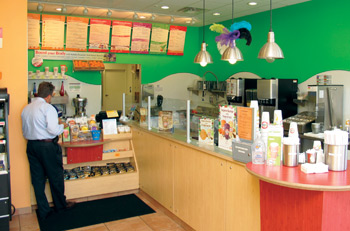
For the pro-forma we went to several Robeks locations and ordered a smoothie and counted the traffic. We would make notes of how many customers and orders there were, and calculated how many smoothies it would take to break even and make a profit.
Like most franchise contracts it is either take it or leave it. The contract specifies everything from weekly royalty fees to how the store should look.
Did you ever think about going it alone and trying to establish your own brand?
Being part of a franchise offers an advantage by being able to offer viable products, processes and a supporting business model. I would not have known where to start if I opened up my own smoothie store and tried to establish my own brand.
For instance, Robeks was very helpful in locating a site. Robeks sets criteria on where I can locate my business. We worked with Goodman Real Estate, a commercial real estate company. They helped find a location that met Robeks’ requirements and helped negotiate a lease.
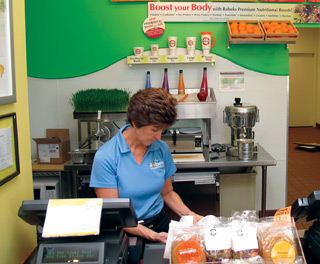
The location had to be in an area with the right demographics and traffic. The property also had to have the right visibility from the road. I thought one location was great because it was in an upscale area, but it was tucked away on a secondary road. They advised against it since the traffic flow was light. Like they say, location, location, location.
How does Robeks dictate how the franchise owners do business?
All of the stores are essentially the same from the decor to the equipment. The setup is dependent on the floor plan of the property. The smoothie tastes the same whether you got it here or in California. All the stores use the same products and suppliers. The same is true for customer service. When you walk in the door you should be greeted, and from register to hand off it should be only three minutes.
Do you think that this uniformity may hamper owners from running an effective business?
There are advantages to uniformity. The main advantage is the buying power. Robeks purchases for more than 150 stores, not just one. This is great for the individual franchisee because the costs are lower and they can concentrate on running their stores. Recently, our regional director was able to negotiate with a local fruit supplier who had lower costs due to shipping costs. As the number of franchises grow, both regionally and nationally, our negotiating power with our suppliers will also grow.
What is the number one piece of advice you have for someone thinking about buying into a franchise?
Talk face to face with other owners of the franchise you are going to buy. I did not do this enough, although it probably would not have changed my decision. Everyone is very skilled at towing the corporate line on the phone, but how they non-verbally express themselves does not lie. When you talk to them on the phone you cannot pick up on their body language or facial expressions. You also get a better feel for the blood, sweat and tears they put into the business because pride is not apparent over a phone line.
And, while the franchise-offering book includes price ranges for the build out and other expenses, always plan on paying on the high side. The book may say $200,000 to $400,000, so always go to the high side of the estimate.

